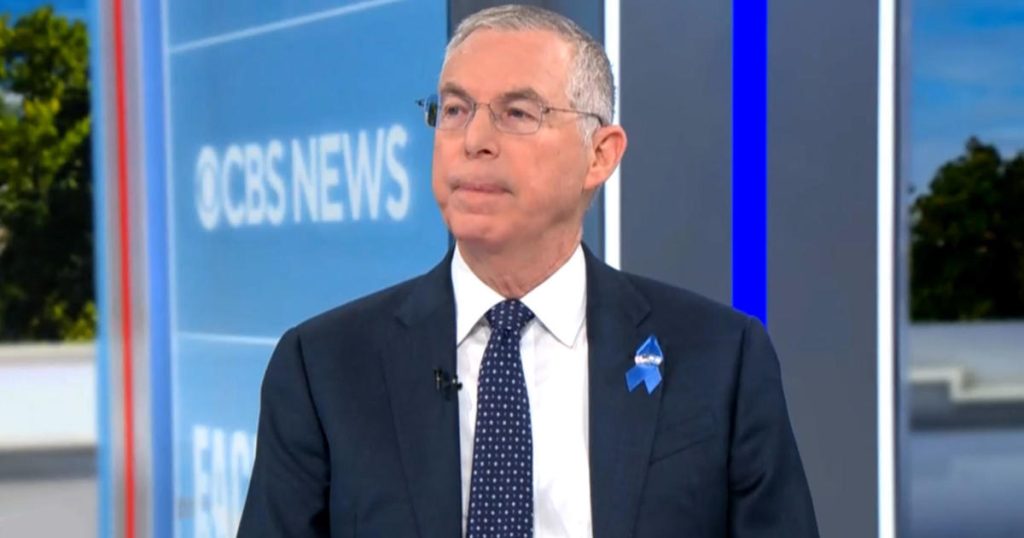Israeli Ambassador Michael Herzog believes that the success of the recent military operation prevented a major escalation to a larger regional war. The Israel Defense Forces carried out a preemptive strike in southern Lebanon, which Hezbollah retaliated against by firing more than 300 missiles and drones into Israeli territory. The exchange of fire resulted in casualties on both sides, with Hezbollah reporting the deaths of three fighters and Israel confirming one fatality and two injuries. Despite the conflict, Herzog emphasized the need for diplomacy and expressed hope that a settlement with Hezbollah in southern Lebanon could be reached.
Herzog also stated that he believes a direct attack by Iran on Israel can be avoided for now, attributing this to deterrence messages from Israel and the United States, as well as a strong U.S. posture in the region. While the U.S. did not participate in the strike against Hezbollah, senior U.S. officials were in communication with Israeli counterparts. General CQ Brown, the nation’s highest-ranking military officer, is currently in the Middle East and is expected to arrive in Israel to ensure that the situation remains under control. Multiple sources in the region indicated that all relevant actors, including the U.S., Qatar, and Israel, are working to de-escalate the situation and prevent further conflict.
Despite efforts to prevent a wider regional war, tensions in the region have been increasing, particularly following Hamas’ attack on Israel in October. The Biden administration has been engaged in ceasefire talks in Cairo, although expectations for an immediate ceasefire are low. Herzog mentioned constructive talks in Egypt and expressed coordination with the U.S. administration, adding that they are waiting to see if Hamas is willing to engage in the peace process. The situation remains volatile, with concerns about potential miscalculations leading to further violence.
U.S. officials have been monitoring the situation closely and have expressed concerns about the growing tensions in the region. Efforts are underway to prevent a wider conflict, including diplomatic initiatives and communications with relevant actors such as Hezbollah and Iran. The U.S. posture in the region has been described as strong, and there is a concerted effort to deter any escalation of hostilities. Despite the challenges and complexities of the situation, there is a shared commitment to avoiding war and finding peaceful resolutions to the ongoing conflict in the region.
The recent exchange of fire between Israel and Hezbollah underscores the precarious nature of the situation in the Middle East, with the potential for conflict to escalate rapidly. Diplomatic efforts, coordinated actions, and deterrence measures are being employed to mitigate the risk of a broader regional war. The involvement of key actors, including the U.S., Israel, and Qatar, highlights the multi-faceted approach being taken to de-escalate tensions and find a path towards peace. The situation remains fluid, and continued vigilance and diplomacy will be essential to prevent further violence and instability in the region.


